Berggruen Institute Announces 2021-2022 Class of Fellows, Imagining New Possibilities for the Post-Covid World
Media Contact
Berggruen Institute
(310)-550-7083
pr@berggruen.org
This fall the Berggruen Institute will welcome its seventh cohort of Fellows to research ideas for shaping society that reimagine foundational systems and grow from interdisciplinary symbiosis and exchange. Alden Young, Devika Dutt, Dominic Boyer, Johanna Hoffman, Jonathan Blake, Mark Paul, Martijn Konings, Michael McCarthy, Peter Ekman, Saule Omarova, Stuart Candy, Vincent Ialenti, and Yael Eisenstat will join the Institute’s notable community of thinkers. Claire Webb and Yuk Hui will continue and expand their existing Berggruen Fellowship work.
“As we continue to fight COVID-19, this new cohort of Fellows will show us how to imagine better social systems and new, useful ways of thinking about our world,” said Nils Gilman, Berggruen Institute vice president of programs. “While the pandemic accelerates the 21st century’s great transformations, the Berggruen Fellowship program enables the kind of foundational thinking and generative discussions that humanity needs.”
Founded in 2010 by philanthropist and investor Nicolas Berggruen, the Berggruen Institute develops the foundational ideas and critical analysis needed to unlock enduring progress for political, economic, and social institutions in the 21st century. Since its inception, the Berggruen Institute has launched the 21st Century Council, the Council for the Future of Europe, the Berggruen China Center, the Think Long Committee for California, and the signature Berggruen Prize for Philosophy and Culture.
In partnership with the University of Southern California Dornsife Center on Science, Technology and Public Life (STPL), Berggruen Fellowships offer scholars flexible periods of work and study in both the United States and China. The 2021-2022 Berggruen Fellows and Researchers will deliver and produce lectures, books, scholarly workshops, colloquia, and academic articles throughout their fellowships.
Great Transformations Fellows Research
Over the last six years, the themes of the Fellowship have evolved from comparative philosophy and religion to the profound and accelerating changes reshaping the foundations of the modern world. Berggruen Fellows’ independent research and points of collaboration will extend the Institute’s programmatic work on these Great Transformations: the Future of Capitalism, the Future of Democracy, the Transformations of the Human, and Geopolitics and Globalization.
Fellows studying the future of capitalism will scrutinize tradeoffs of the global dollar-based reserve currency system; complete a book about economic inequality and the climate crisis; hypothesize a system of democratized finance and investment; and explore the history and concept of financial assets and their associated politics. The Future of Democracy program Fellows will convene a series of expert roundtables on creating a better future for digitally-mediated public deliberation and debate and explore a variety of new deliberative processes for community and policy development. Transformations of the Human Fellows will explore what profound social and technological shifts say about us and our place on this planet, through lenses as diverse as anthropology, urban planning, and design. Finally, Fellows supporting the Geopolitics and Globalization program will explore the potential for greater cooperation and prosperity in the Red Sea region, and write a book proposing new systems of governance beyond the nation-state for an era of planetary politics.
In addition to their individual projects, throughout the year Fellows will gather in a series of working groups focused on themes related to their respective program areas. Future of Capitalism Fellows will discuss how to set up a new economic paradigm that “predistributes” wealth via public investment. Future of Democracy Fellows will assess how to increase levels of popular participation in liberal democracies without raising the level of “populism” and its associated negative spillovers. Fellows supporting the Globalization and Geopolitics program will explore the concept of the planetary and how it should shape our systems of governance. And a “creative futures” working group will pursue how to inspire more imaginative, optimistic, and long-term thinking on social and civic issues among leaders and communities.
About the 2021-2022 Berggruen Fellows (for full Fellow bios, please visit https://www.berggruen.org/people/group/currentfellows):
Alden Young is an Assistant Professor of African American Studies and a member of the International Institute at UCLA focused on the societies of northeast Africa and the Red Sea region. He is the author of Transforming Sudan: Decolonization, Economic Development and State-Formation (Cambridge University Press). At the Berggruen Institute, Alden will work on efforts to organize the Red Sea region, one of the world’s most socioeconomically unequal, into a political, economic, and cultural unit.
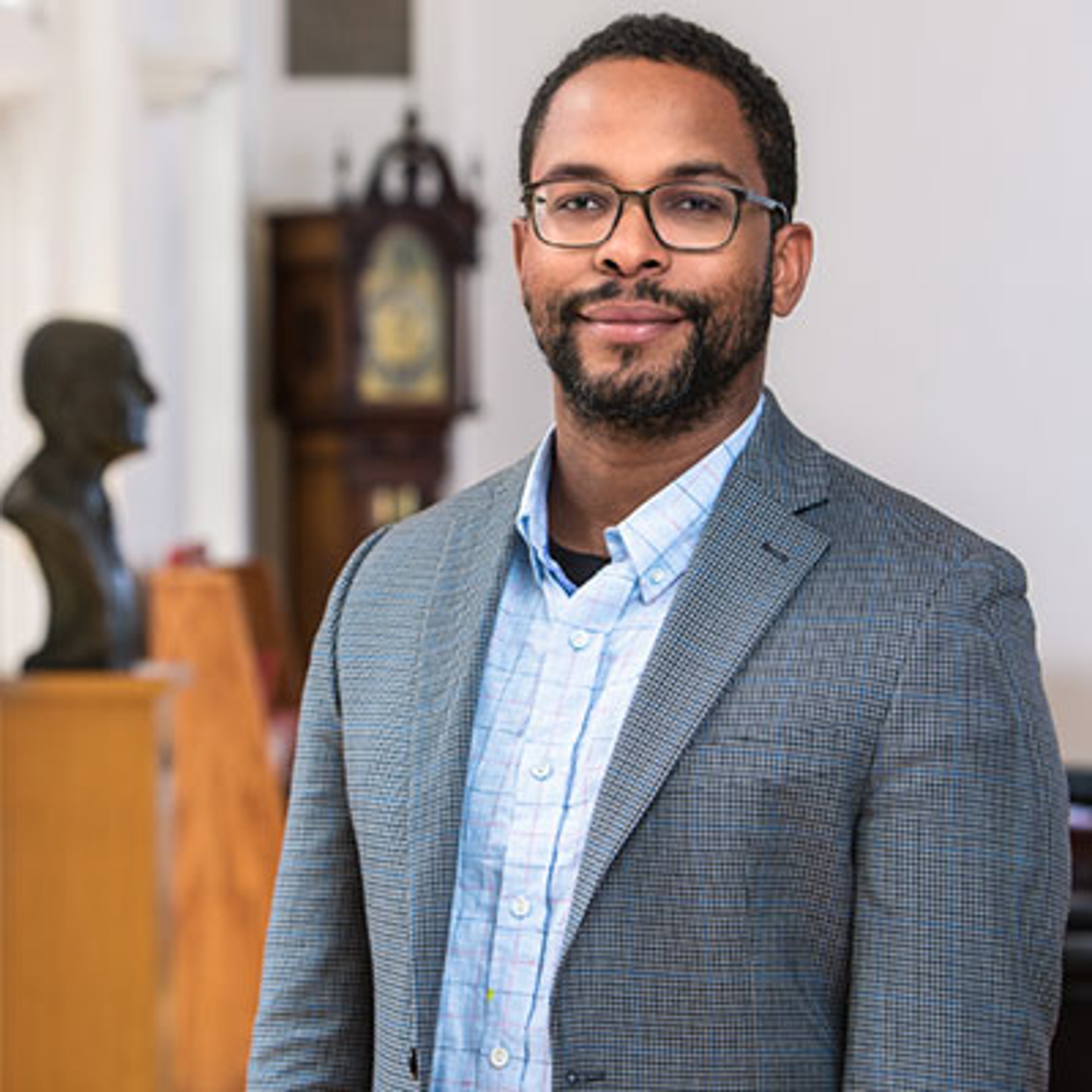
Claire Webb will explore a series of questions pertaining to the nature of the development of AI, including how computational processes can equip AI systems with ethical and moral parameters. Webb earned her Ph.D. from MIT’s History, Anthropology, and Science, Technology and Society (HASTS) program. She has been embedded at the Breakthrough Listen Lab at UC Berkeley since 2016; this access to the Search for Extraterrestrial Intelligence (SETI) community has underpinned her exploration of the scientific conceptions of intelligence, liveliness, and the Other.
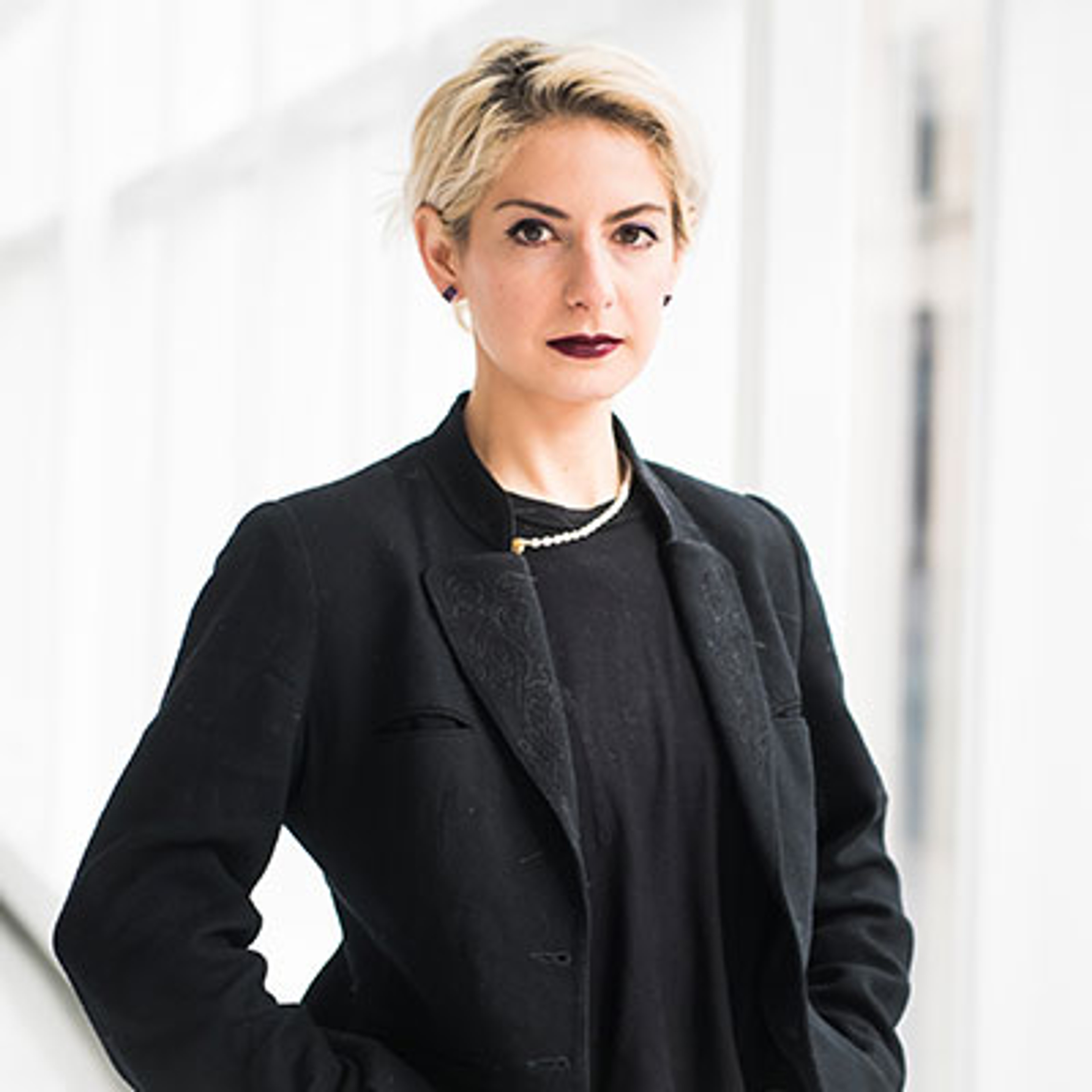
Devika Dutt holds a Ph.D. in Economics from the University of Massachusetts Amherst and is a Research Fellow at the Global Development Policy Center at Boston University and cofounder of Diversifying and Decolonising Economics. Her research is focused on the political economy of foreign exchange intervention, central bank swap agreements, the political economy of development policy (especially as it relates to international financial institutions), international debt, and macroeconomic policy in developing economies. As a Berggruen Fellow she will be working on studying the political economy of the global reserve currency status and the domestic macroeconomic and social policy trade-offs that accompany it.
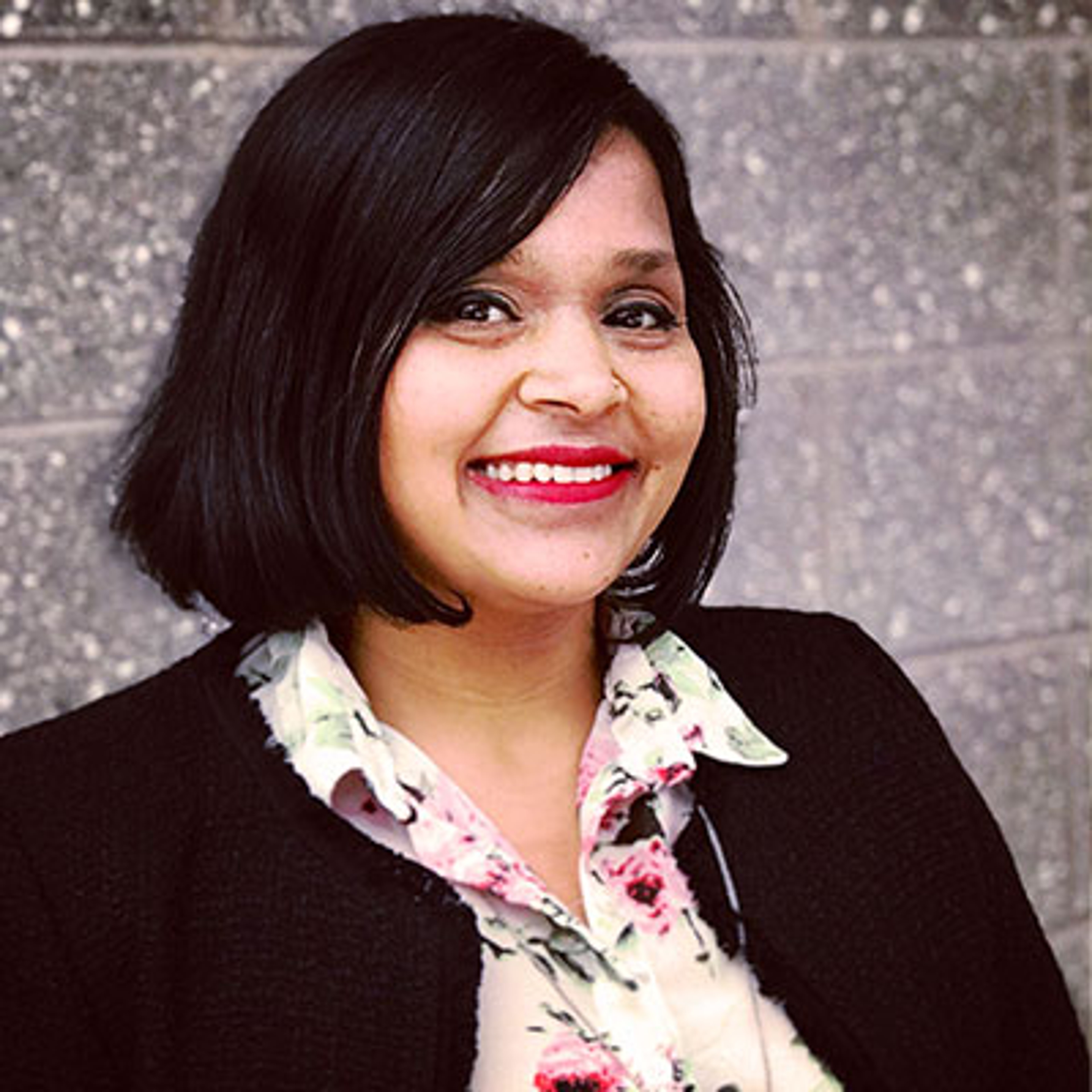
Dominic Boyer is an anthropologist at Rice University and founding director of the Center for Energy and Environmental Research in the Human Sciences (2013-2019). His most recent book is Hyposubjects (Open Humanities Press, 2021), an experimental collaboration with Timothy Morton concerning politics in the Anthropocene. With Cymene Howe, he made a documentary film about Iceland’s first major glacier (Okjökull) lost to climate change, Not Ok: a little movie about a small glacier at the end of the world (2018). Dominic’s Berggruen project, “Electric Futures,” focuses on efforts to decarbonize the global economy via greater electrification. In particular, Boyer is studying the new kinds of democratic and infrastructural politics that are coming into being around electricity initiatives.
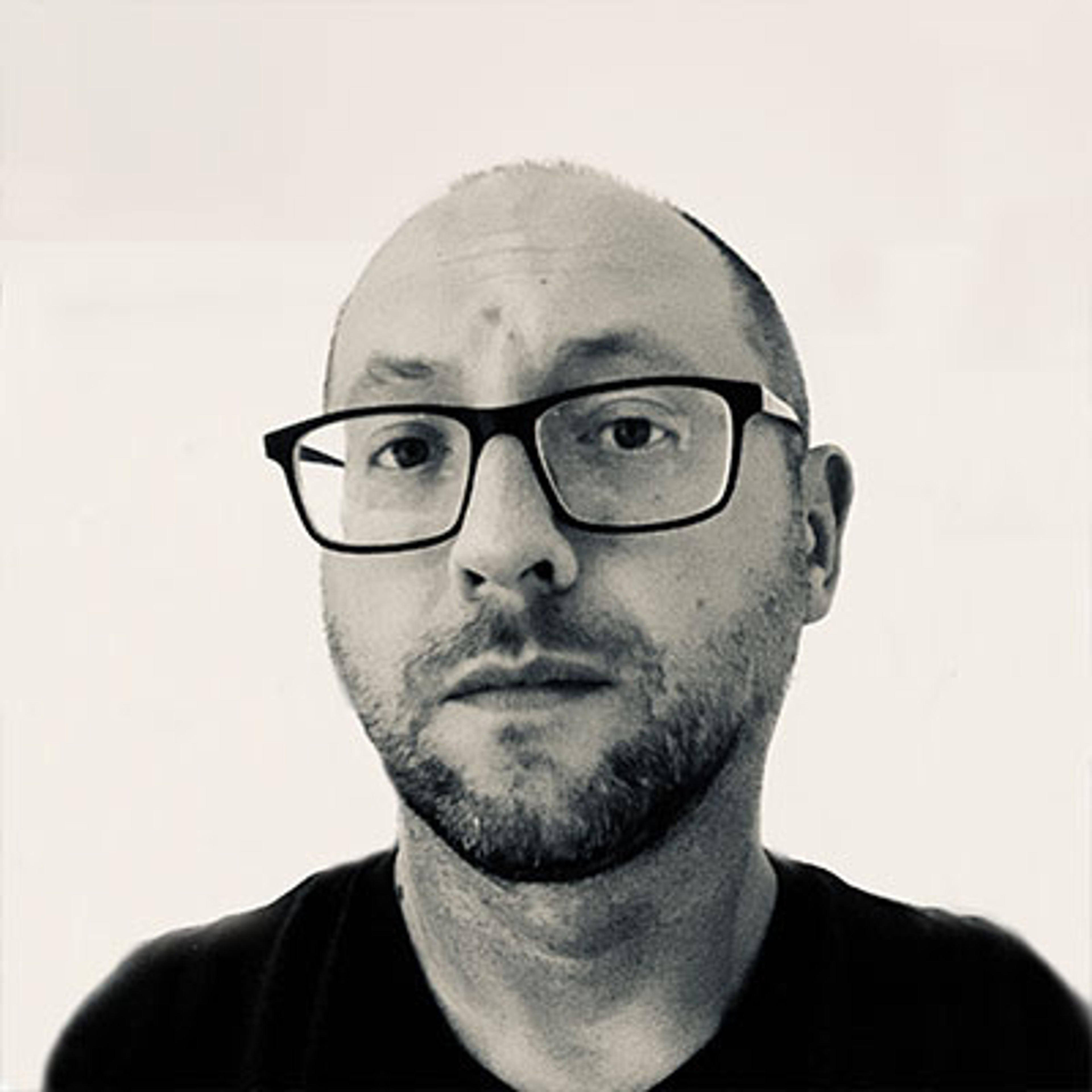
Johanna Hoffman is an urbanist working in the space between design, planning, fiction, and futures. The co-founder and director of planning at Design for Adaptation, Hoffman uses strategic planning and speculative design to help communities, cities, and organizations translate future uncertainties into present day choice. She holds an M.L.A. from UC Berkeley; her first book, The Future is Ours to Imagine: Creating Resilient Cities with Speculative Futures, is slated for publication in 2023. Her work as a Berggruen Fellow focuses on frameworks for using speculative futures to enhance participatory and collaborative capacities in urban planning and policy development.
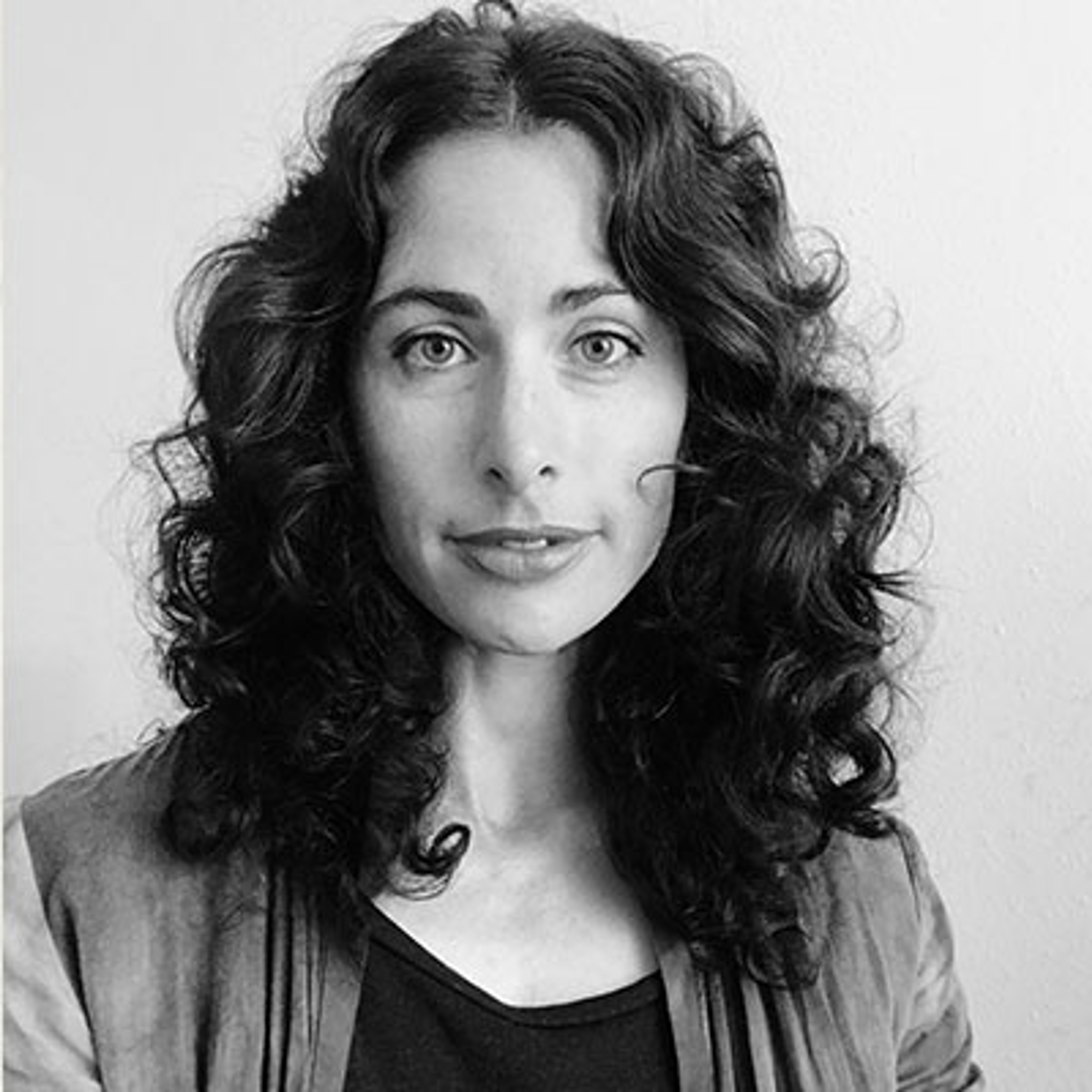
Jonathan Blake is a political scientist and the author of Contentious Rituals: Parading the Nation in Northern Ireland (Oxford University Press, 2019). He holds a Ph.D. and M.A. from Columbia University, and has previously worked at the RAND Corporation, Columbia Global Policy Initiative, and the Chumir Foundation. At Berggruen, Blake will write a book with Nils Gilman arguing that the nation-state is incommensurate with the scale of many of the most pressing problems facing humanity, and proposing new systems of governance, at both the planetary and local levels, appropriate for the present and coming threats to our shared future.
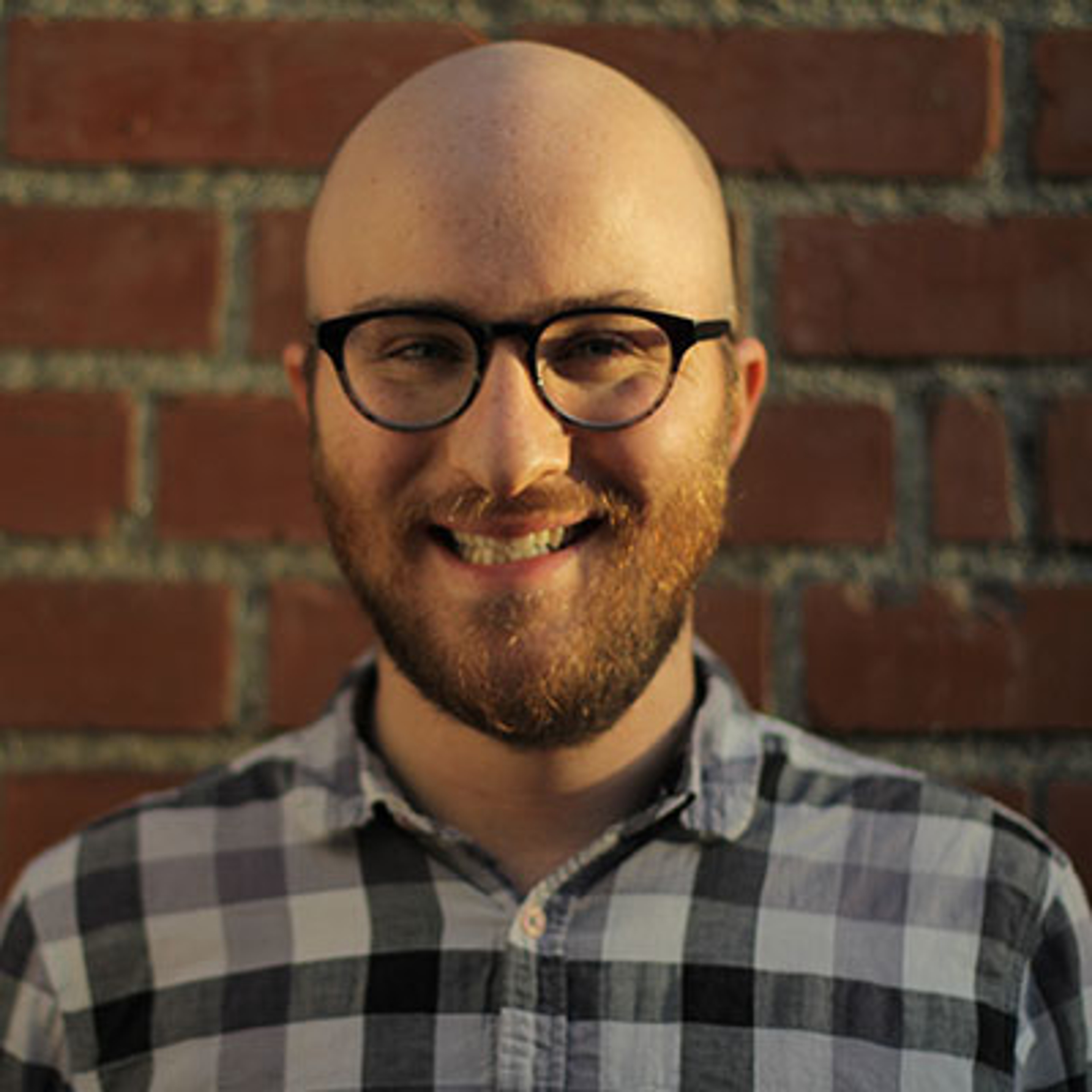
Mark Paul is an assistant professor of economics and environmental studies at New College of Florida specializing in inequality and the climate crisis. Mark’s research and writing has appeared in the New York Times, The Economist, the Washington Post, The Financial Times, The American Prospect, and MIT Technology Review, among other publications. At the Berggruen Institute, Mark will complete his first book entitled Freedom Is Not Enough: Economic Rights for an Unequal World, for Chicago University Press. The book is expected to be published in fall 2022.
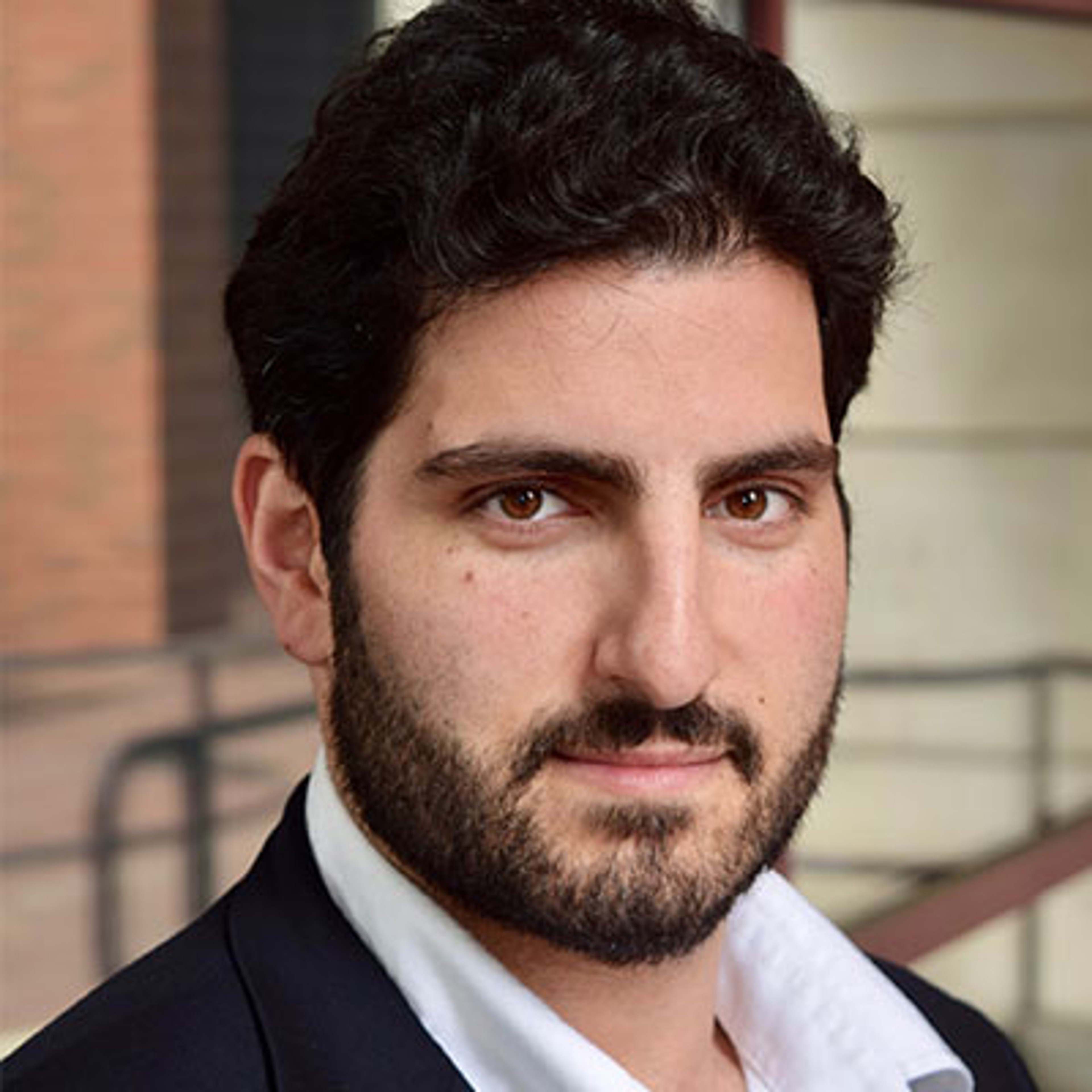
Martijn Konings is professor of political economy and social theory at the University of Sydney, where he also serves as associate dean (research) and co-directs a research program on asset ownership and “the new inequality.” He is also the author of Capital and Time: For a New Critique of Neoliberal Reason (Stanford, 2018), and The Asset Economy (Polity, 2020, with Lisa Adkins and Melinda Cooper). The research that he will undertake as a Berggruen Fellow will analyze the policy channels and mechanisms that sustain asset inflation in the current moment and examine the politics of assets from a broader historical and conceptual perspective.
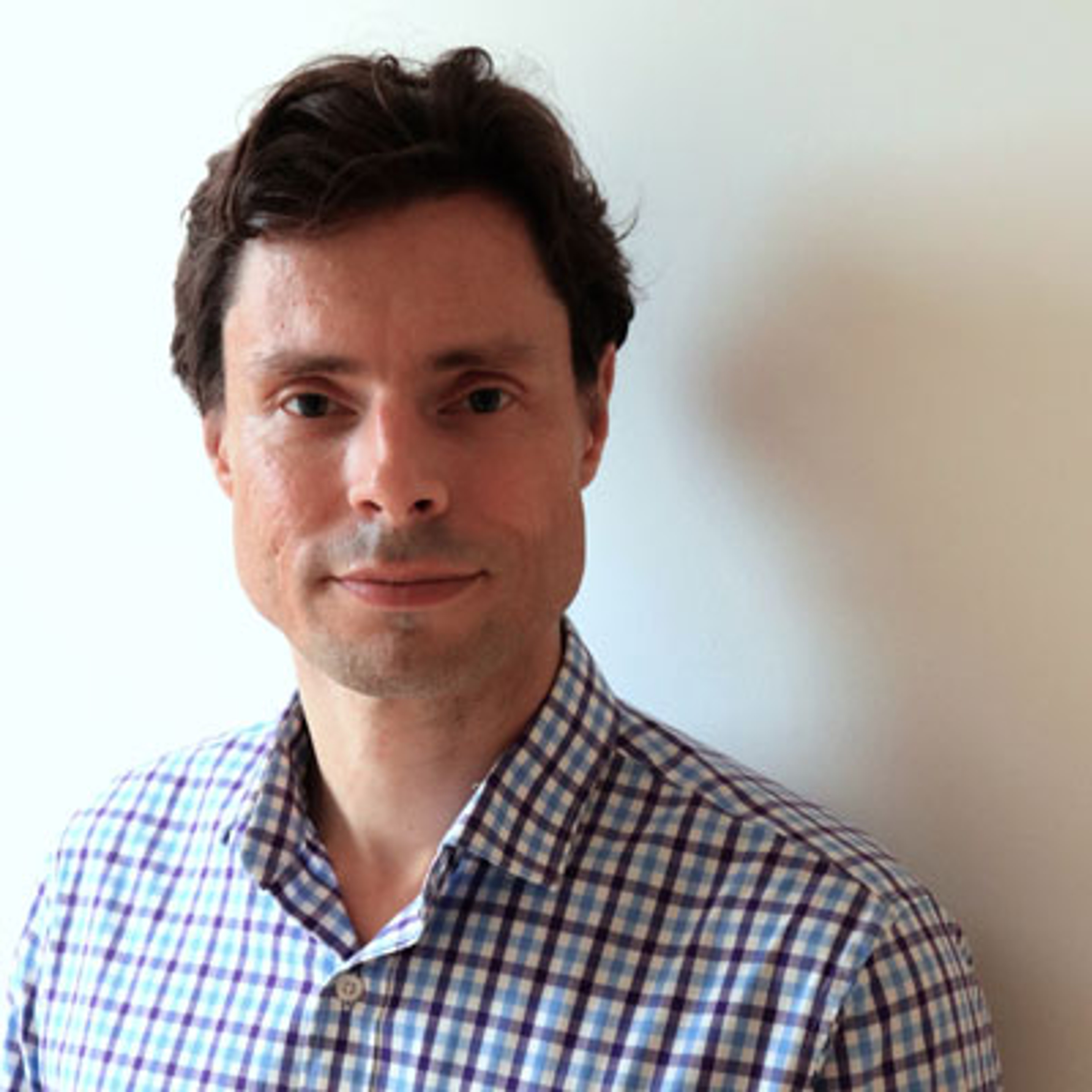
Michael A. McCarthy is an economic democracy activist and associate professor of sociology at Marquette University. He is the author of the award-winning book, Dismantling Solidarity: Capitalist Politics and American Pensions since the New Deal (Cornell University Press, 2017), which explains the marketization of old-age income in the US. He is also a regular contributor to Jacobin Magazine and has advanced public debates about economic democracy in venues such as the Washington Post, Boston Review, Renewal, and Tribune Magazine. As a Berggruen Fellow, he will complete a manuscript on democratizing finance, tentatively titled The Master’s Tools: Using Finance Against Capitalism, which is under contract with Verso Books.
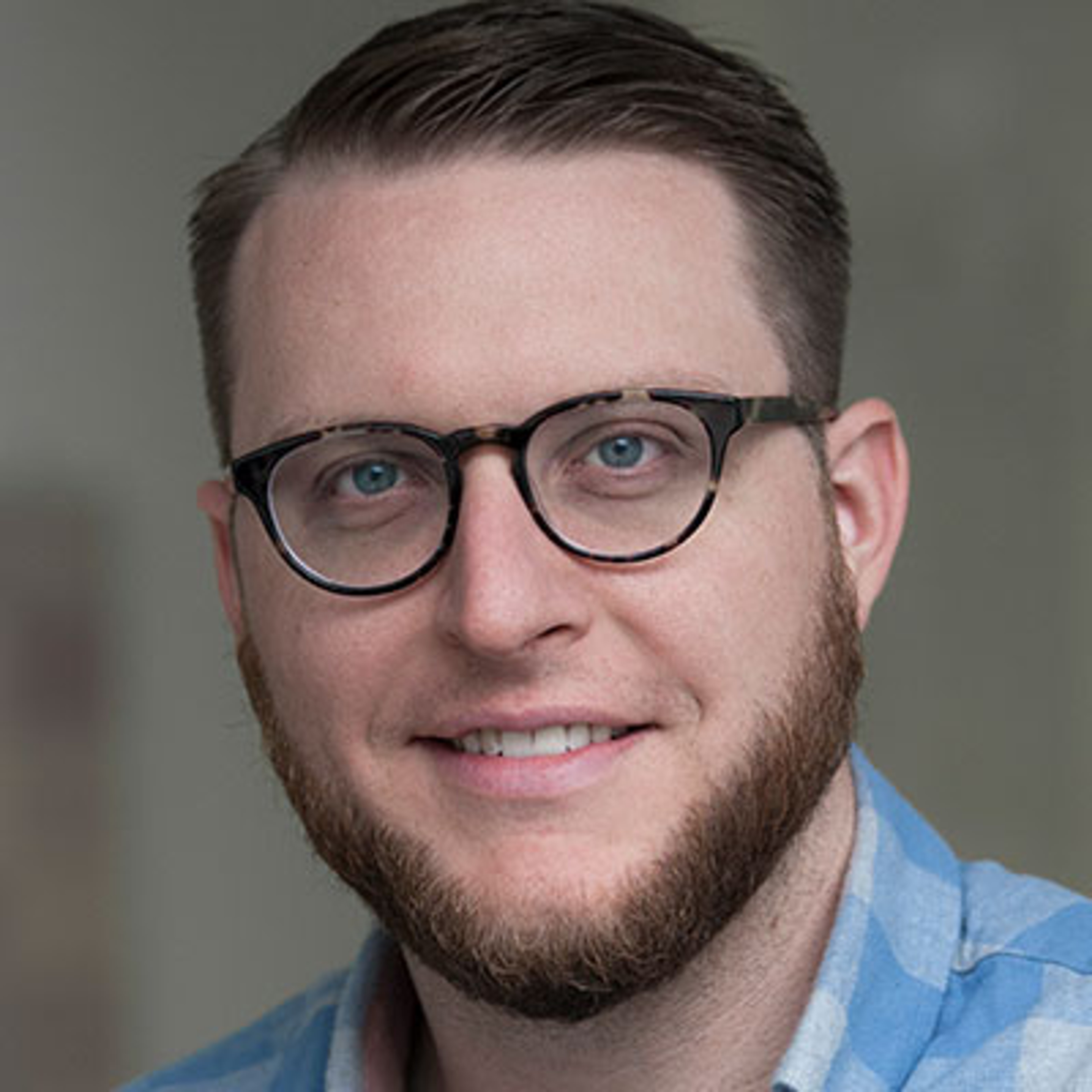
Peter Ekman is a recent Ph.D. and lecturer in geography at UC Berkeley. He has held postdoctoral fellowships at Harvard University’s Dumbarton Oaks Research Library and Collection in Washington, D.C., and at Cornell University’s Clarence Stein Institute for Urban and Landscape Studies. At Berggruen, he will be completing his first book, a hemispheric intellectual history of postwar planning, urbanism, and social science that will pose a series of enduring questions about temporality and expertise, including what it means to plan the uncertain future on the basis of knowledge about the present and past.
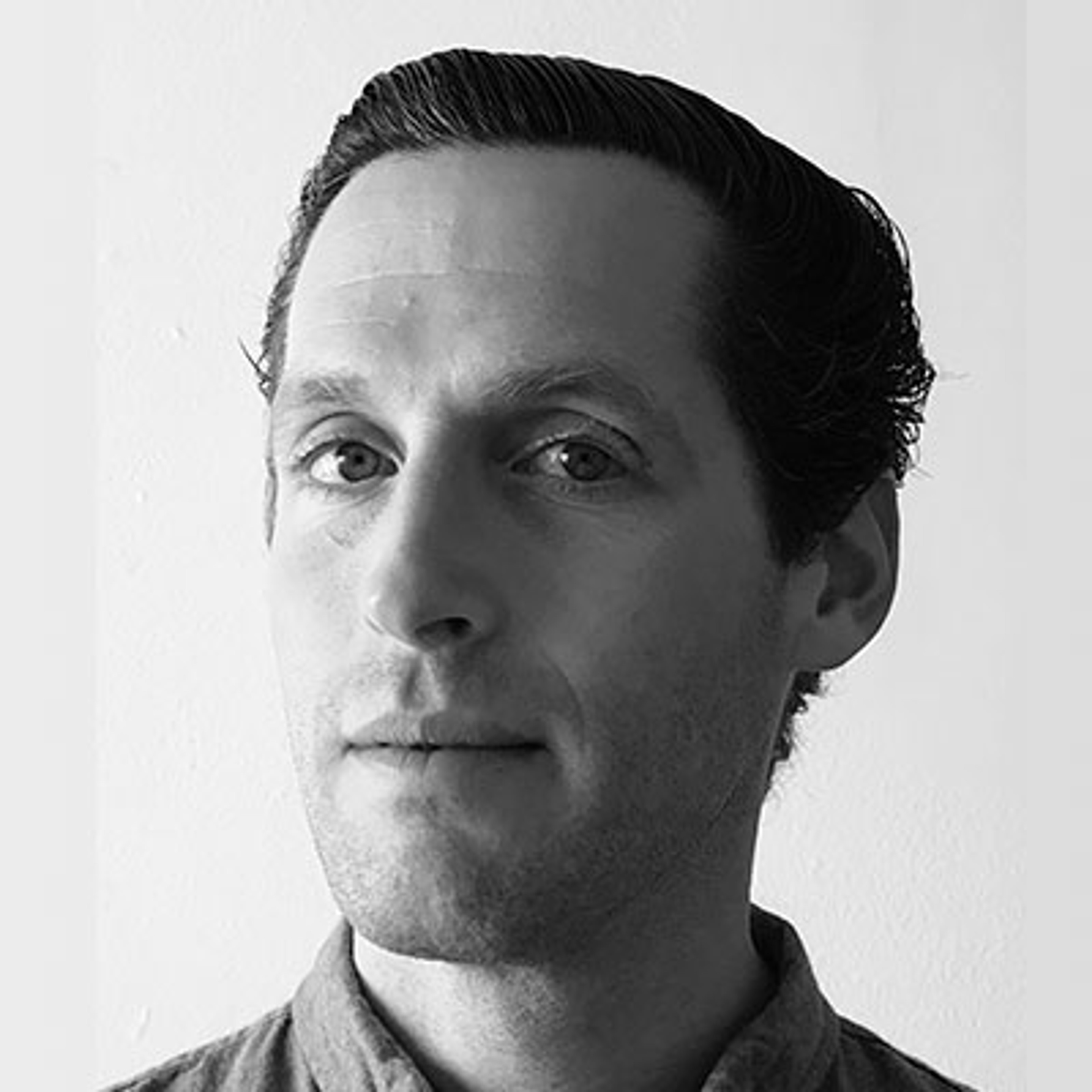
Saule Omarova is the Beth and Marc Goldberg Professor of Law and the director of the Clarke Program on the Law and Regulation of Financial Institutions and Markets at Cornell University. Saule is one of the country’s leading academic experts on law and finance, with a focus on systemic risk regulation and structural trends in financial markets. Her research on the roles of financial evolution and regulatory accommodation in the transformation of American banking has drawn attention among U.S. legislators, who regularly seek her advice and congressional testimony. At the Berggruen Institute, Saule will be working on institutional design for financing sustainable and equitable economic development.
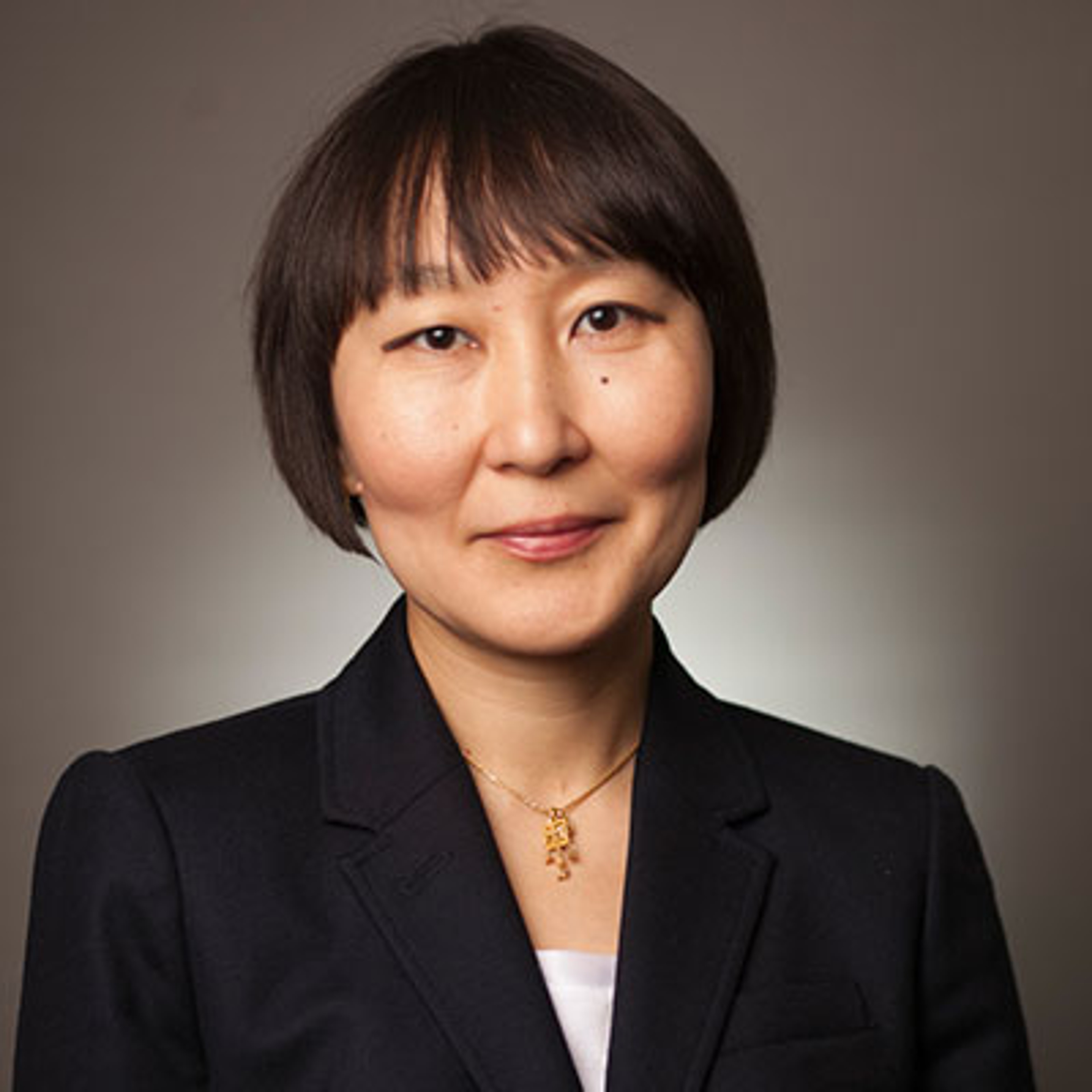
Stuart Candy is a futurist helping people think about possible worlds by bringing them to life. Co-creator of the acclaimed imagination game The Thing From The Future, and co-editor of the collection Design and Futures, his experiential practice, scholarship, and frameworks have influenced practitioners around the world, appearing in museums, festivals, and city streets, on the Discovery Channel, and in the pages of Wired, The Economist and VICE. Stuart holds a Ph.D. in Political Science from University of Hawaii. As a Berggruen Fellow, he will research to understand how people envision alternative futures and how such imagining could constructively affect collective choices and help strengthen communities.
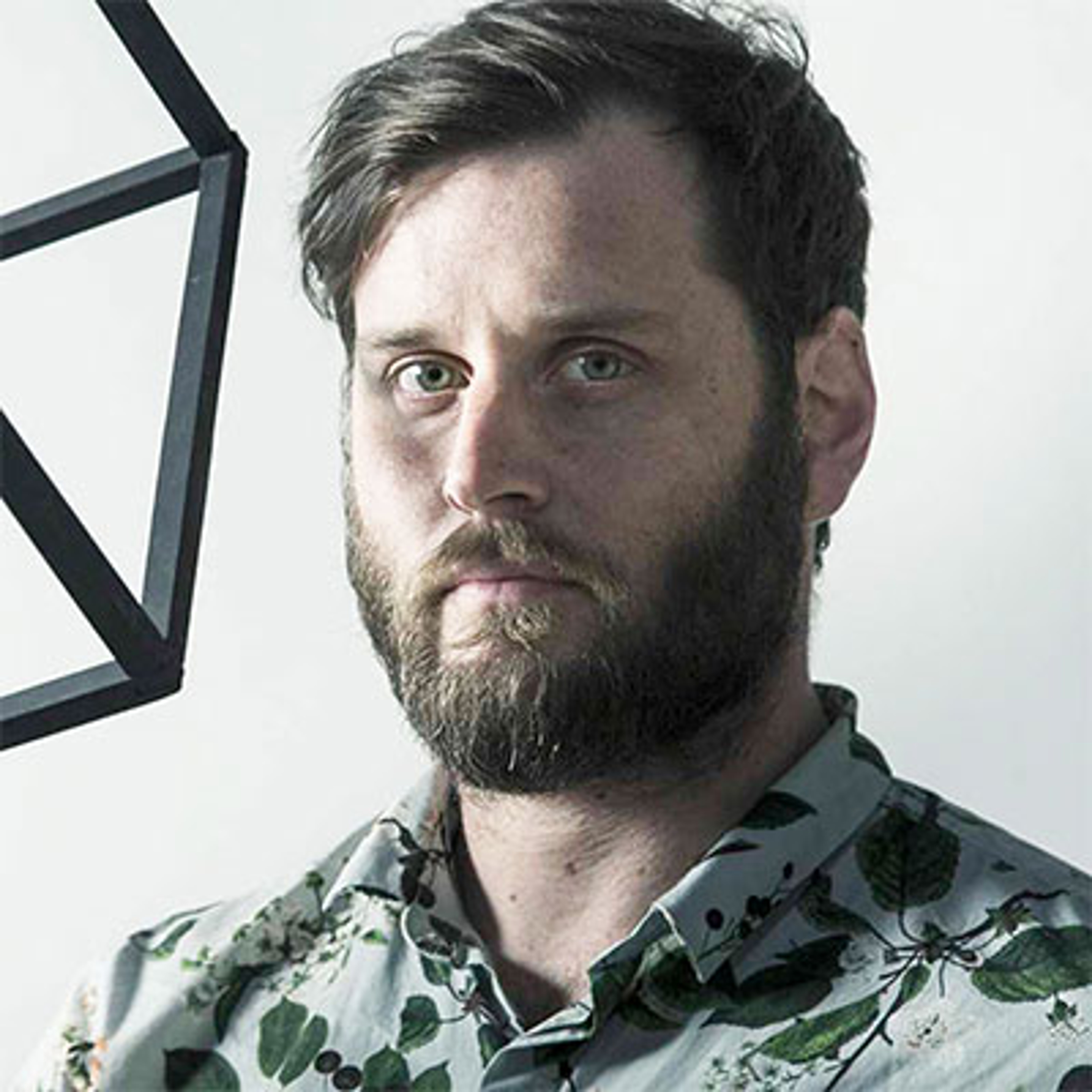
Vincent Ialenti is an assistant research professor at George Washington University’s Elliott School of International Affairs and holds a Ph.D. in Sociocultural Anthropology from Cornell University. Vincent’s research on nuclear waste expert culture has been supported by the U.S. National Science Foundation, The Mellon Foundation, and The MacArthur Foundation. Alongside his scholarly work, Vincent has written several articles for NPR, the BBC, Forbes, Nautilus, and other public outlets. As a Berggruen Fellow, he will develop a toolkit for nurturing societal time literacy, and for envisioning more long-termist, multi-temporal systems of governance.
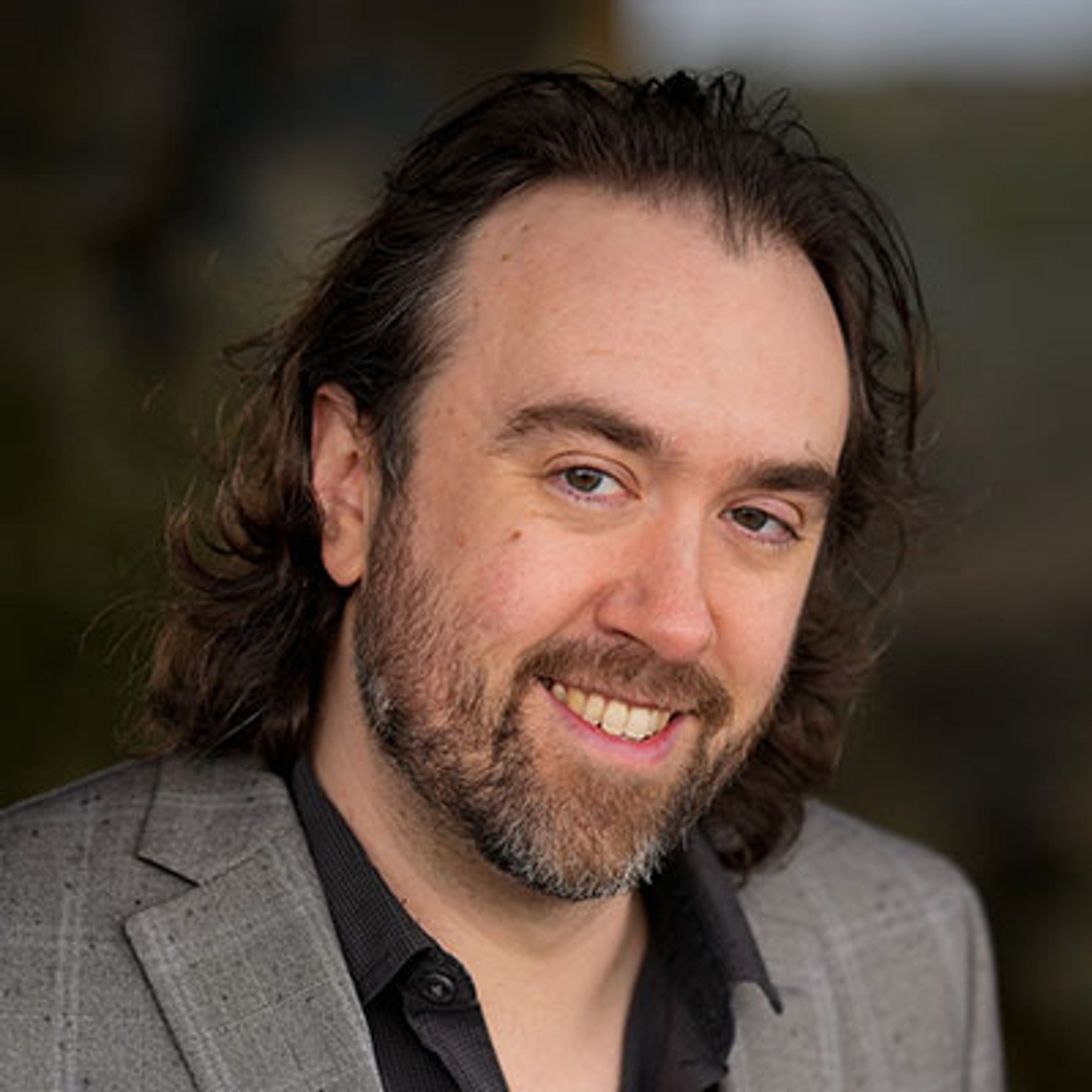
Yaël Eisenstat is a democracy activist currently focused on technology’s effects on the public square and democracy. After 18 years in the national security and global affairs world—as a CIA officer, diplomat, and White House advisor—Yaël began to view the breakdown of reasoned discourse as the biggest threat to U.S. democracy. After a time at Facebook heading the company’s new Global Elections Integrity Operations team for political advertising in 2018, she has pivoted to public advocacy. Her work at Berggruen will focus on what the public square and open, democratic debate look like in the digital world and how we can change the current incentives to reconcile social media’s dominance of these public spaces with democratic principles.
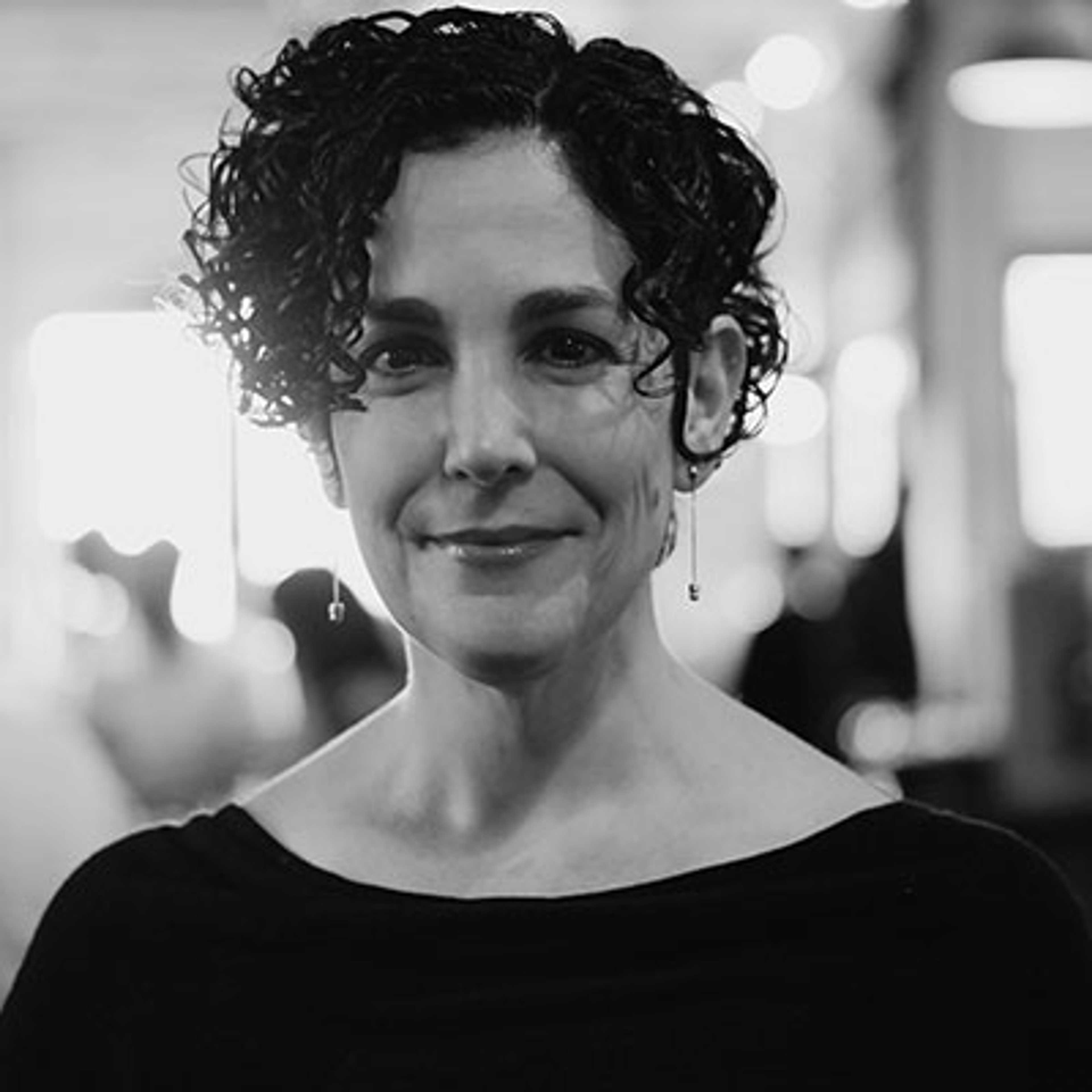
Yuk Hui is an associate professor at the City University of Hong Kong. His research focuses on the philosophy of technology, and he has published in periodicals such as Research in Phenomenology, Metaphilosophy, Angelaki, and Theory, Culture, & Society. He completed his Ph.D. at Goldsmiths’ College in London, postdoctoral studies in France, and Habituation thesis in Germany. Yuk is also a member of the Berggruen Prize Jury. As a Berggruen Fellow, Yuk plans to write a book temporarily titled What Is Called Planetary Thinking to elaborate on the notion of the planetary and to go deeper into the work of Teilhard de Chardin to elucidate the concept of technodiversity in relation to the new nomos of the Earth after Carl Schmitt.
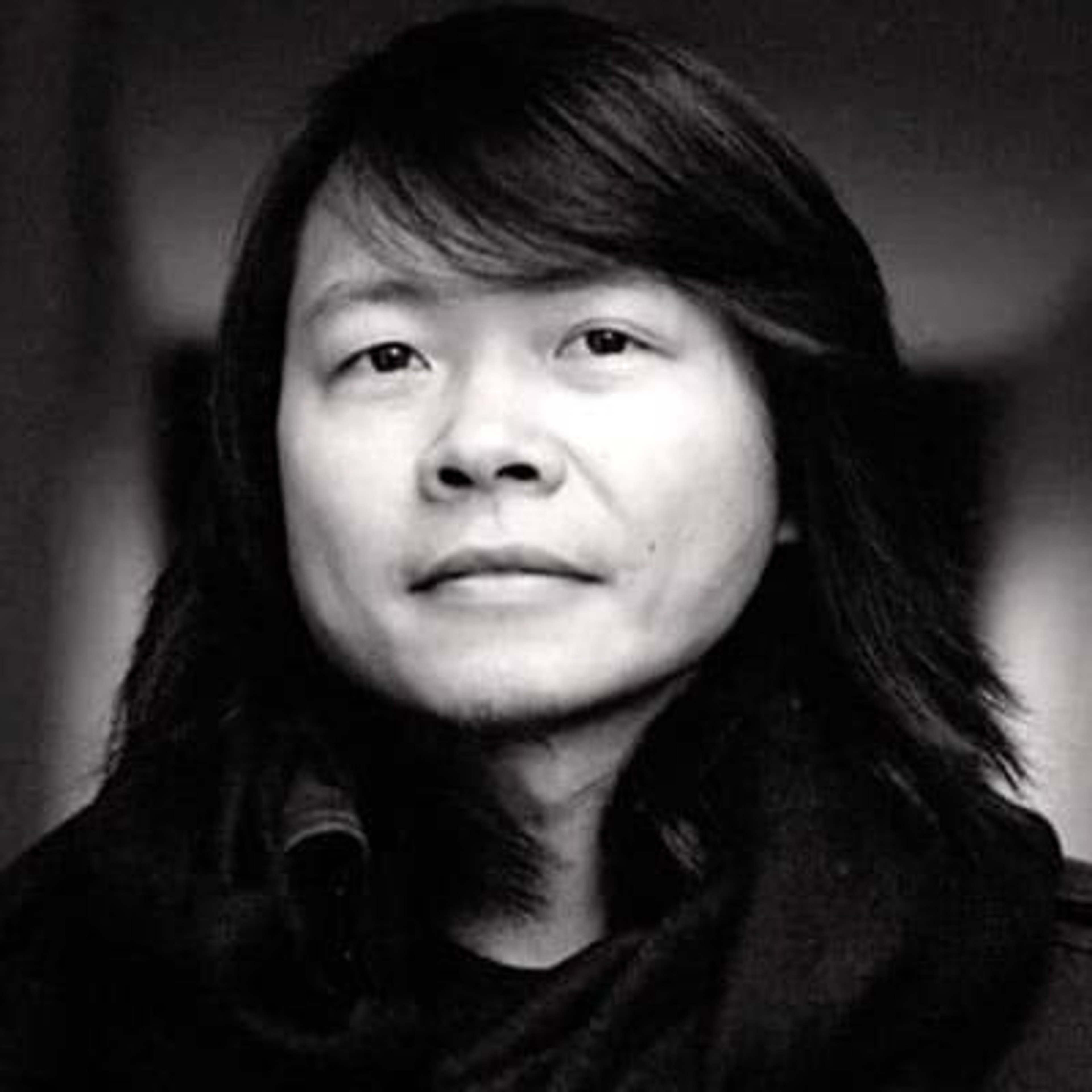
###
About the Berggruen Institute
The Berggruen Institute’s mission is to develop foundational ideas and shape political, economic, and social institutions for the 21st century. Providing critical analysis using an outwardly expansive and purposeful network, we bring together some of the best minds and most authoritative voices from across cultural and political boundaries to explore fundamental questions of our time. Our objective is enduring impact on the progress and direction of societies around the world. To date, projects inaugurated at the Berggruen Institute have helped develop a youth jobs plan for Europe, fostered a more open and constructive dialogue between Chinese leadership and the West, strengthened the ballot initiative process in California, and launched Noema, a new publication that brings thought leaders from around the world together to share ideas. In addition, the Berggruen Prize, a $1 million award, is conferred annually by an independent jury to a thinker whose ideas are shaping human self-understanding to advance humankind.